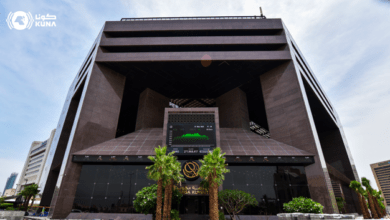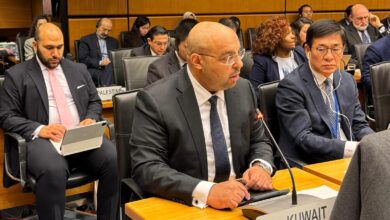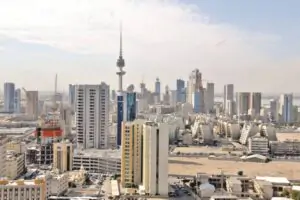
A recent report by Fitch Ratings expects oil prices to exceed the level needed to balance the budgets of most Gulf countries next year, despite its forecast for a decline in crude prices due to modest demand growth and abundant global supply.
The agency lowered its forecast for the average oil price in 2025 to $70 per barrel from a previous estimate of $80, but noted that financial reforms and large capital spending enhance the ability of Gulf countries to absorb low oil prices.
On the other hand, the expected increase in oil production will reduce the break-even oil price in the region’s countries, all of which, except Saudi Arabia and Bahrain, are expected to record budget surpluses, according to the report.
The continued recovery of the non-oil sector, supported by financial reforms in the Gulf countries, such as introducing taxes, reforming support systems, and rationalizing expenditures, further enhances their ability to absorb low oil prices.
The International Monetary Fund’s latest report issued in October had expected the breakeven oil price for next year to be $90.9 per barrel for Saudi Arabia, $50 for the UAE, $124.9 for Bahrain, $81.8 for Kuwait, $57.3 for the Sultanate of Oman, and $44.7 for Qatar.
The OPEC+ alliance countries have postponed the gradual increase in their oil production, which was scheduled to start in January, for three months in a move aimed at stabilizing the global oil market. Brent futures contracts for February delivery are currently trading around $72 per barrel this week.
The report added that the expected increase in oil production will support real GDP growth in the Gulf countries next year, bolstered by the solid growth of the non-oil sector, largely driven by governments’ efforts to diversify the economy and their related entities’ budgets.
The report expected tourism revenues to remain unaffected by the ongoing conflict in the region, noting that the attractiveness of some parts of the Middle East and North Africa to relocate from less stable areas will boost real estate markets and consumer spending.
The non-oil sector will continue its strong growth next year, driven by public and private investments supported by reforms in the business sector and labor markets, according to Paul Gamble, head of sovereign ratings for the Middle East and North Africa.
Source: Al Anba












